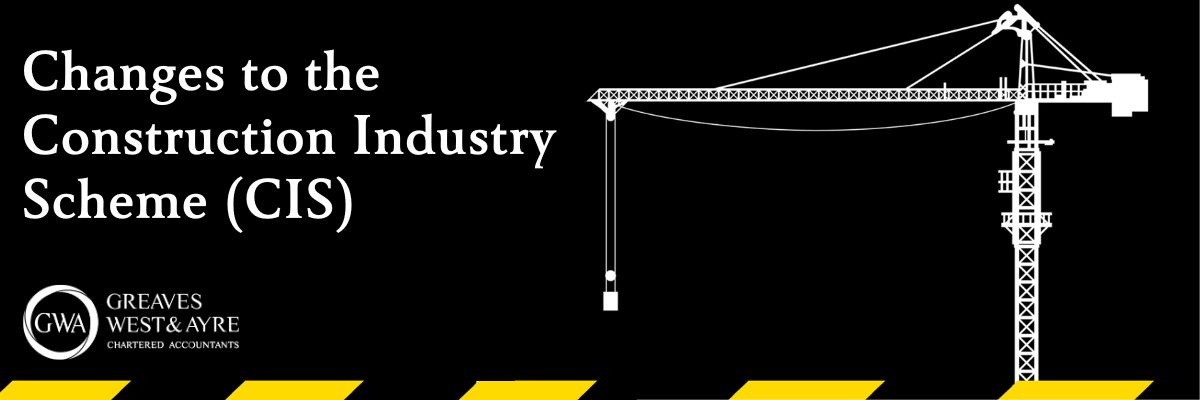Changes to the Construction Industry Scheme

From 6 April 2024, there have been several amendments to the Construction Industry Scheme (CIS) rules. The compliance tests for subcontractors obtaining and retaining gross payment status (GPS) now includes VAT compliance. This change will affect individuals and businesses required to register under the Construction Industry Scheme (CIS) and those who apply for, or hold gross payment status.
Gross payment status – compliance test
Gross payment status allows the contractor to receive full payments without having to deduct CIS/tax. This simplifies transactions and can help improve cash flow so gross payment status is what most contractors seek to achieve.
The previous compliance test required proof that the business:
1 Had filed and paid tax and national insurance/PAYE on time in the previous 12 months (the compliance test)
2 Falls under the CIS regime and has a bank account (the business test)
3 Would be reviewed by HMRC for the past 12 months, with turnover of at least £30k if a sole trader, partnership/per partner or company (the turnover test)
New VAT compliance test
The new, additional test relates to VAT compliance. Contractors need to ensure their VAT returns are filed and paid on time in order to meet the new gross payment status tests.
These new tests are not designed to fail contractors who have identified errors on their VAT return and submitted voluntary disclosures. The test is more focused on compliance failings such as late filing/late payment and does offer some flexibility to avoid removing contractors from the scheme for minor non-compliance.
• the contractor can file up to three late submissions of VAT returns but only if they are no more than 28 days late, or
• the contractor can make a late payment but only where the VAT liability is less than £100 and is paid no more than 14 days late
This would therefore not penalise contractors who are in a regular refund position (due to domestic reverse charge for construction services) or who are occasionally late with their VAT return.
If a contractor is aware of potential issues whether it is late payments, missing returns or other historical anomalies, they should look to correcting these historical issues as soon as possible, otherwise it could open the door for HMRC to withdraw or refuse gross payment status.
If you need more information or would like to know how this change will impact you or your business, please get in touch.


